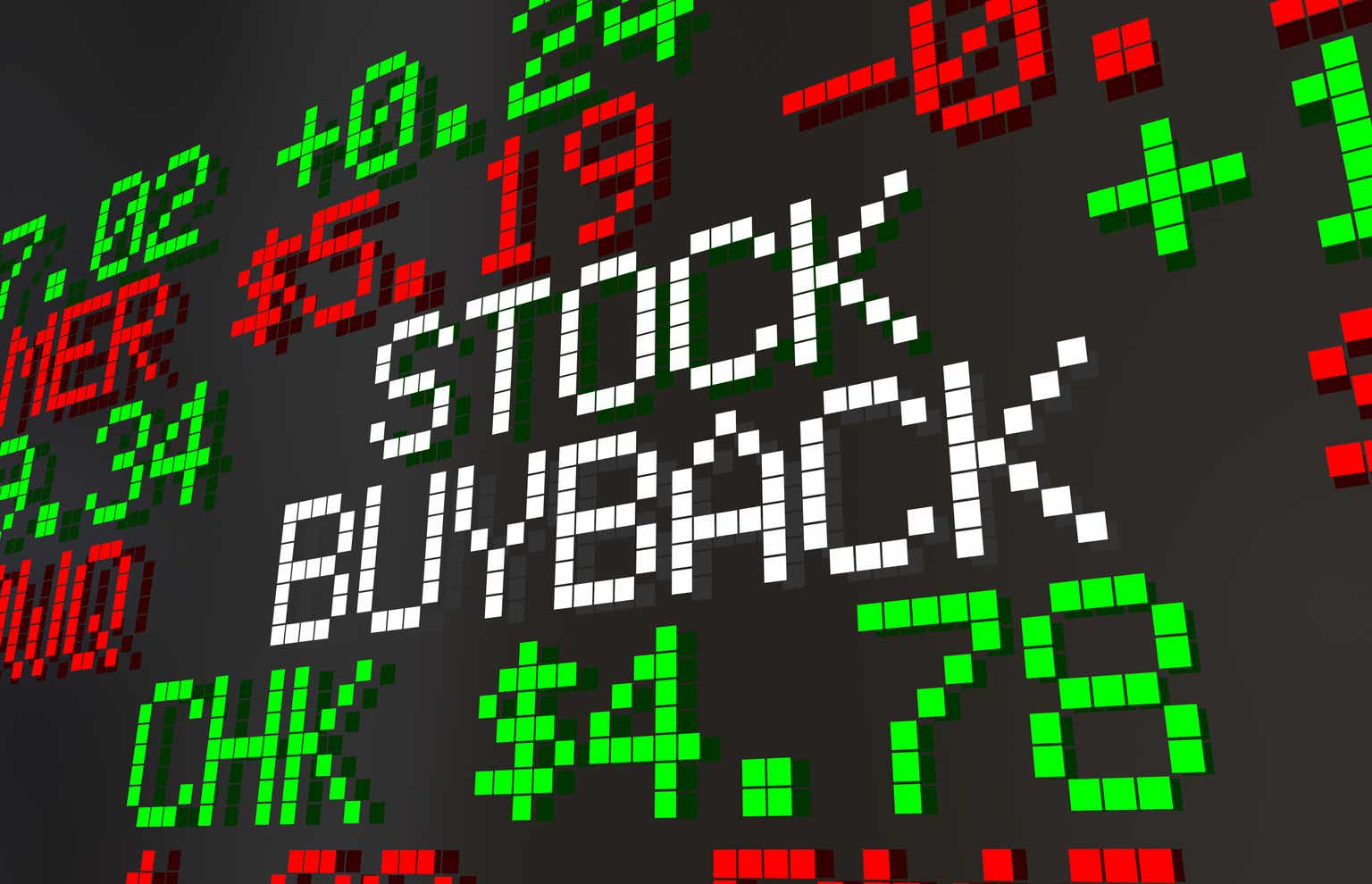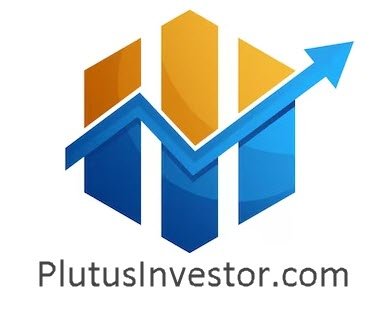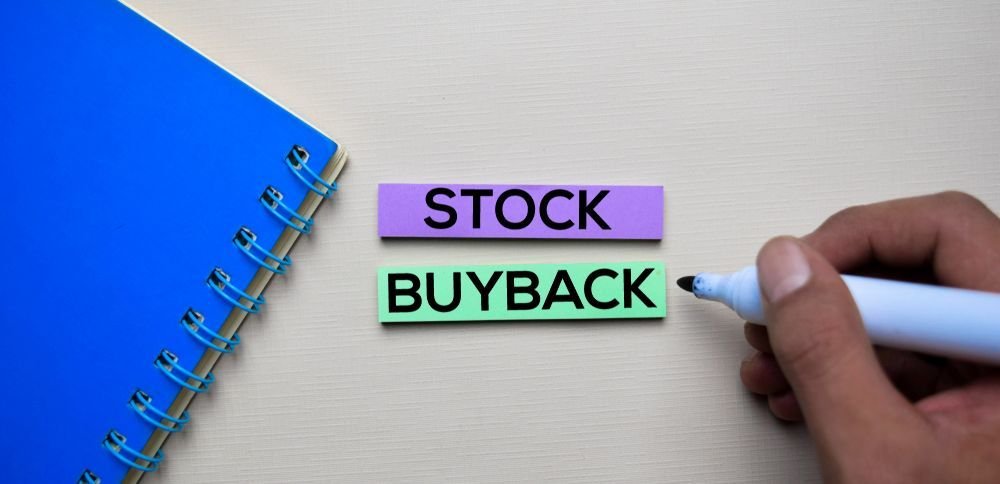What Are Stock Buybacks and How Do They Impact Investors?
Share repurchasing operations, known as stock buybacks, have companies returning purchased shares from public markets back to themselves. Companies increasingly choose stock buybacks to deliver share value to investors while avoiding dividend payments. As investors, we need to understand the functioning mechanics and stock price effects of stock buybacks to make informed decisions. Stock buybacks work to transform company valuation, financial metrics, and marketplace forces, thereby influencing both brief and extended investment outcomes.
The Mechanics of Stock Buybacks
A stock buyback is a strategic corporate decision where available company funds go toward acquiring shares through a public market transaction or offering them to shareholders in tender. The buyback process diminishes outstanding equity while giving shareholders a more substantial ownership share. The decrease in available shares triggers impacts covering stock value patterns alongside EPS measures and business metrics. Organizations start buyback programs for two fundamental reasons: first, because they feel stock value is too low, and second, when they possess surplus funds, they want to send back to investors. Investors need a grasp of these principles to determine how inventory buyback programs will affect their investments.

Which Factors Cause Enterprises to Restore Ownership of Their Equity?
Multiple factors exist that lead companies to purchase their shares. A core reason why organizations perform buybacks lies in the intent to express optimism about their upcoming performance. By buying back its shares, a company reveals its perspective that stock performs below its actual value and indicates strong managerial beliefs in forthcoming financial success. Through stock buybacks, companies offer shareholders greater convenience in receiving excess Company cash. Payouts through stock repurchases operate unpredictably compared with regular dividend payments. Stock share reductions boost financial ratios, including earnings per share, which leads to stronger profitability readings.
Stock Buybacks vs. Dividends
Companies primarily distribute shareholder value through stock buybacks together with dividend payments. Through dividend payments, investors receive funds directly, which creates consistent cash streams. When a company purchases its own stock, the value of the remaining shares increases because the outstanding shares are reduced, delivering capital appreciation to shareholders who hold long-term positions. Investors who target capital gain over periodic payments find stock buybacks provide an appealing solution. Investors must consider how each strategy affects taxes and financial health because the different approaches produce unique financial consequences.
Company stock buyback operations directly impact share prices
When a company repurchases its outstanding stock, the effects can lead to major changes in its share market dynamics. Stock prices noticeably increase whenever companies cut their available shares through repurchases. Stock prices often show upward momentum because supply and demand fundamentals state prices rise when resources decrease alongside maintained or ascending demand patterns. Before a buyback, investors who already own shares will see their asset value grow, resulting in potential capital gains. A stock buyback generates unpredictable effects on share prices because market performance depends on company results and investor sentiment alongside broader market conditions.
Earnings Per Share (EPS) and Stock Buybacks
A company’s financial metrics experience primary influence from stock buybacks through earnings per share (EPS) adjustments. Profits from operation divided by total stock shares outstanding determines the EPS value. Companies that execute buyback programs decrease share supply, which can improve EPS measurements without any change in overall company profitability. The company displays higher per-share profitability, which could attract new investors. EPS metrics for company health are misleading to investors who depend on them because buybacks create artificial EPS increases without authentic performance improvement.
Stock Buybacks and Shareholder Value
Stock buybacks serve primarily to boost shareholder equity value as their chief purpose. When corporations pay shareholders to give up their stock, the ownership level of current investors amplifies while their financial involvement with the company’s upcoming performance and business advancement strengthens. Through share repurchases, shareholders receive the chance to accept premium prices from the company when they sell their stock, which delivers immediate money gain. The retention of invested shares during buybacks creates value appreciation through stock priceThunking. A company’s ability to use buybacks to improve shareholder value depends significantly on its timing and execution methods. The purchase of overvalued stock by companies wastes essential assets of the organization.
Risks of Stock Buybacks for Investors
Stock buybacks combine multiple advantages yet exist with potential risks affecting investor decisions. The primary danger emerges when firms conduct share buybacks to rig their temporary financial scores without promoting sustained organizational expansion. A company that chooses stock buybacks instead of funding research development and operational growth endangers its future business performance. From a financial standpoint, when businesses use debt to fund these purchase activities, it produces erosion of their vulnerable baseline, leaving them susceptible during turbulent financial times. High-quality assessment of company buyback strategies by investors needs to check whether such initiatives support their investment time horizons.
Market Perception of Stock Buybacks
A company’s stock buyback program significantly affects how financial markets view its overall performance. A chocolatey execution of stock buybacks gives market participants positive evidence that leadership maintains faith in upcoming business success while thinking their market price should rise due to undervaluation. The increased investor trust motivates additional investors to participate, which leads to potential increased stock value. Stock buybacks often yield positive investor reactions when used effectively, but manipulation procedures using these measures by executives only harm marketplace confidence. Before making investment decisions about a company’s buyback, investors should identify the genuine motives behind the repurchase while ensuring that the strategy will enhance shareholder value.
Tax Implications of Stock Buybacks
The way shareholders are taxed after a stock buyback differs distinctively from dividends, so investors need to consider this distinction. Taxing dividends as regular income increases investors’ rates throughout multiple jurisdictions. Tax authorities treat share sell-off capital gains after buybacks as eligible for reduced rates, resulting in possible financial benefits for investors. The contrast between tax obligations causes select investors who pay elevated tax rates to favor stock buybacks compared to alternative ownership structures. Stock buyback tax rules differ across different countries, so investors should seek guidance from financial advisors and tax professionals to determine the implications of their portfolios.
Regulatory Scrutiny of Stock Buybacks
Stock buybacks currently face enhanced levels of regulatory oversight. According to critics, stock buybacks enrich executive management alongside rich shareholders while redirecting funds from activities that could create greater business value, such as employee compensation or scientific breakthroughs. Political officials support using new rules to limit companies when they buy back their stocks by either setting purchasing restrictions or specifying purchase schedule restrictions. These regulatory changes will affect investor mortgage investments through buyback change patterns and size while altering market investment conditions. Investors wanting to handle stock buyback intricacies must stay ahead of regulatory changes.
Long-Term Impact of Stock Buybacks on Corporate Growth
Stock buybacks supply instant benefits to operational metrics and market valuation, but their impact extends beyond the present and affects long-term business expansion. Substantial buyback spending redirects capital from essential innovation projects, operation expansions, and acquisition development opportunities. Long-term market competition becomes challenging when organizations refrain from investing, resulting in limited sustainable growth potential. Before investing, investors must verify that a company’s buyback approach matches its business growth plan and determine if buyback practices strengthen or weaken the company’s future opportunities.

Stock Buybacks and Executive Compensation
Executive compensation schemes often get influenced by back shares a company purchases. Executive compensation at many businesses depends on stock performance through stock options and performance-based bonuses, which use earnings per share and stock price as evaluation metrics. These financial measures might receive artificial inflation through buyback programs, which creates potential rewards for executives. Executive compensation plans create a possible internal conflict where chiefs may select buybacks ahead of other investment forms to maximize reimbursement amounts. To verify that executive management acts in shareholders’ interests, investors must examine payroll-based rewards and buyback methods to get decisions in context.
Conclusion
Stock buybacks are an influential corporate tool that generates major consequences affecting both enterprise stockholders and investors. A company’s buyback program functions as a strategic tool for shareholder value distribution and improved financial structure indicators. Through stock buybacks, stockholders may experience higher stock value alongside expanded ownership positions. Pursuing stock buyback programs entails possible dangers, including problems with financial control and operational compliance regulations. Before making investment decisions about stock buybacks, examining the respective company’s strategy with a thorough assessment of both immediate benefits and business growth consequences is essential. By comprehending the complex details of stock buybacks, investors gain better abilities to make correct investment choices, resulting in improved overall market returns.



